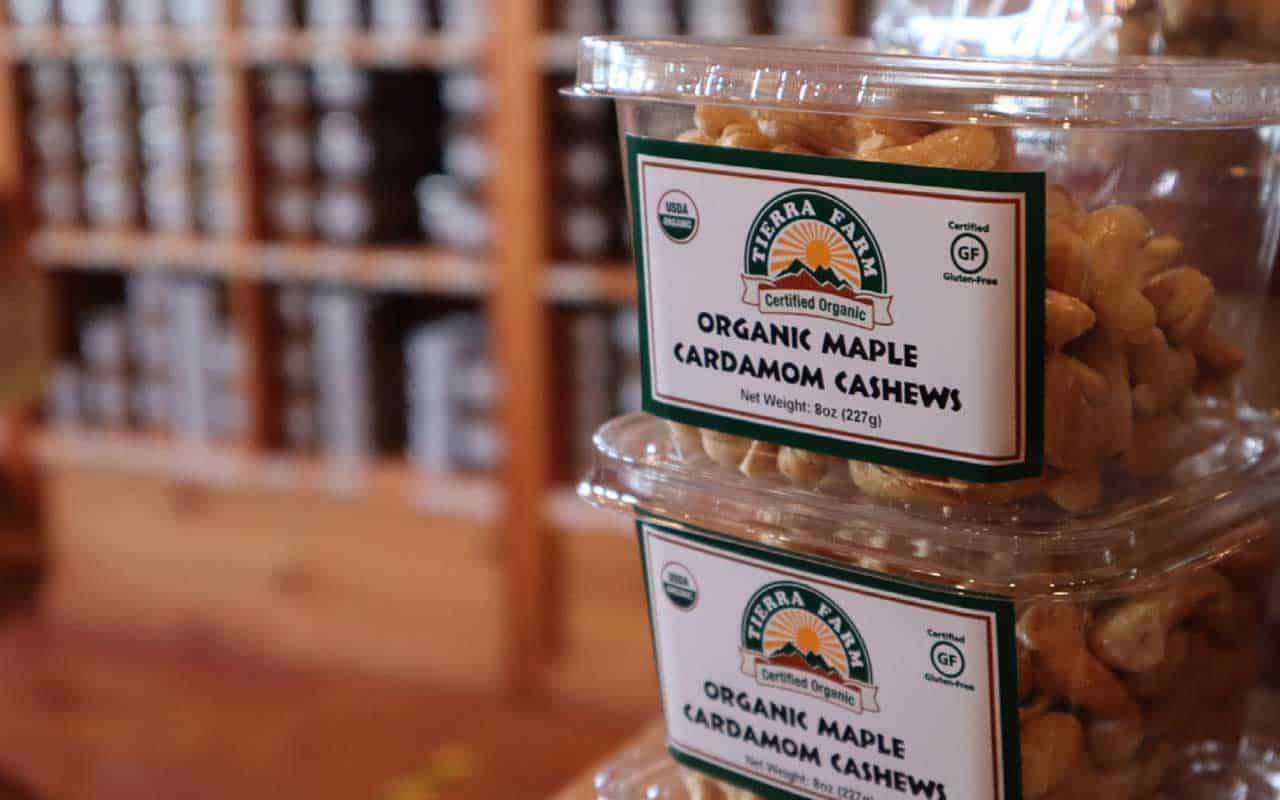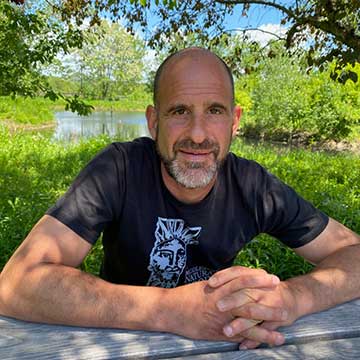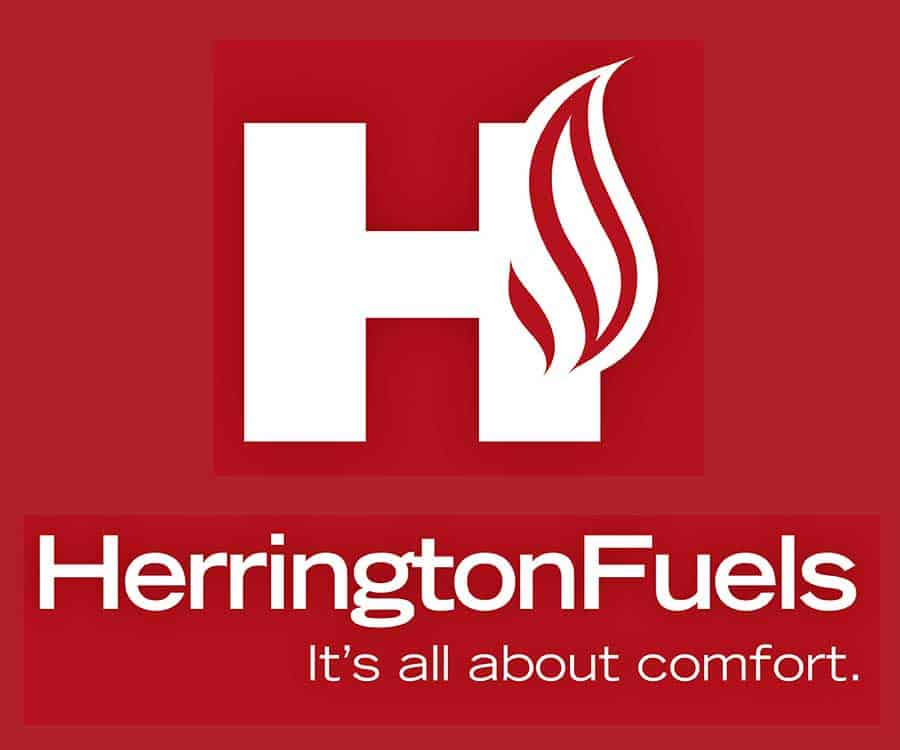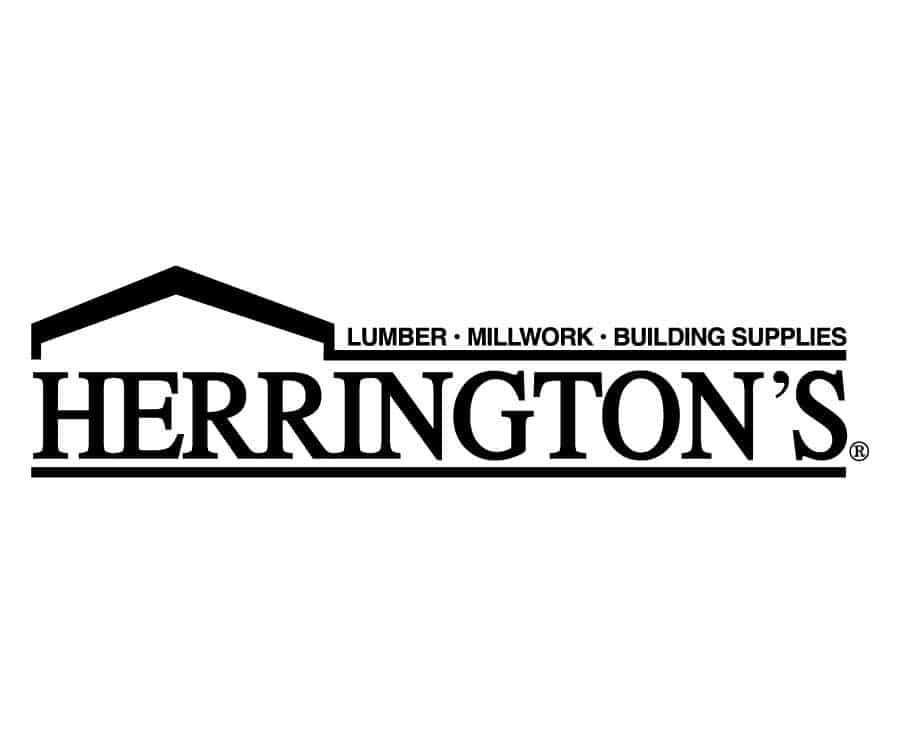Main Street Business

Keeping It Simple
Gunther Fishgold and I talked over a picnic table at the Tierra Farm headquarters in Valatie, NY, for Main Street’s food issue. Tierra Farm is a profitable food manufacturer specializing in certified organic and fair-trade nuts, seeds, granola, dried fruit, spices, coffee, and tea. Starting from an organic farm stand in the Finger Lakes, the business has experienced rapid growth while striving to maintain its unique culture and business philosophy.
How did you start Tierra Farm?
I got my start organic farming in the Finger Lakes. I had a passion for baking and created a whole grain bakery to supply bread and other baked goods for the local CSA and our organic farm stand. After extensive research and buying ingredients for our bakery I realized that organic nuts were a profitable business and we began sourcing, roasting and reselling nuts as a way to keep busy all year long. It was a great way to keep the business producing product and it allowed me to retain my seasonal employees.
Our revenues in the first year of business were $95,000. I was only selling to outlets within an hour and a half driving distance. Then we started to expand to food co-ops throughout New York, then Vermont and eventually the whole northeast.
About 15 years ago we purchased our current facility from Rapunzel Naturkost, the largest organic company in Europe. They had built an 8,000-square-foot distribution facility, which was the next level for us. Over time we’ve grown and expanded our footprint to over 20,000 square feet of production space. My passion is still organic farming and that’s what’s great about this location, we have a thriving organic farm right on site.
Making the move to Valatie put us in a position to grow and we did.
 What has made your business such a success? What are your revenues?
What has made your business such a success? What are your revenues?
Timing! Organic food trends were just developing ten to 15 years ago and we understood the needs and wants of our customers and the expanding marketplace and it paid off. Of course, consistently producing an excellent product helped. We roast our nuts slowly at low temperatures to develop the flavor – it’s a baker’s approach. Even today everything we produce is still made by hand in small batches right here at the farm. We only purchase high quality certified organic commodities from reliable, ethical sources and, whenever possible, we work with certified Fair Trade growers. I believe in doing things right. Simple.
Our revenues are now approaching $30 million a year.
Why don’t you sell to national grocery chains and Whole Foods?
We distribute directly in bulk or in retail-ready packages. We will even private label our products for independent grocery stores and food-co-ops. Financially it just doesn’t make sense for us to go through a national or regional distributor or to pay shelving fees at the big box store level. Dealing with the big national chains has crushed a lot of small vendors. We are happy with the business as it is and we know what it takes to ensure we continue to deliver a high quality product with great service. Sometimes I think it might even be easier if I reduced our overall footprint. I’m not focused on doing things bigger, I want to make sure we do things right. Right for me, my workers, the farmers we buy from, our customers, and the planet.
Where do your nuts come from?
Many are domestic like pecans from Georgia and walnuts from Lake County, CA. About 50% to 60% of our product is sourced within the US directly from growers.
Internationally I continue to work with long standing brokers. For years I travelled internationally to Africa, India, Sri Lanka, Turkey, South America – really all over the world. I love the process of meeting with growers and experiencing their farms first hand. It’s important to meet their workers and see how the work and home environments coexist.
Domestically or internationally, I will always encourage my buyers to travel to the growers and get a true understanding of where our products come from.
What are your biggest challenges?
Right now our biggest challenge is trying to find employees to work in our packaging operations. We offer a minimum of $15 an hour plus health care insurance, and a 401K, but with the pandemic and the infusion of unemployment stimulus money, the preference for many workers seems to be to stay unemployed. The labor challenge has forced us to make tough decisions and these decisions could have lasting effects on how we move our business into the future. Unfortunately this is a problem facing so many employers today.
Another big challenge is the use of plastics in our packaging process. We are excited to be testing new compostable packaging that will allow us to greatly reduce our dependency on plastic. Our local farm store and online customers will be the first to see the new compostable options and we’re excited to get their feedback. We expect to reduce our plastics footprint by 90% by 2022
What mistakes have you made?
In the past I have deviated from our culture in pursuit of growth. Now I’m laser focused on company culture and quality and less on growth.
What is your culture?
I try to explain it as a culture of simplicity. Tierra Farm is a food manufacturer with a moral compass. We try to run our business the right way and don’t make decisions based solely on money. For example, we decided that our cashew products should all be certified Fair Trade. We took a big hit on our source costs, but we chose not to increase the price to our customers – it was simply the right thing to do. Tierra Farm is now the largest dealer of certified Fair Trade cashews in the country and we know we’re doing our part for the growers, their workers, and the communities they support.
We have become a certified “B” corporation. This indicates that your business balances purpose and profit and considers workers, customers, suppliers, the community, and the environment in decision-making. Every two years you get reviewed. The first time we received a grade of 94 – passing is 80 – and next time we’re aiming for well over 100. “B” Corp provides a road map to creating a sustainable, responsible business.
Becoming a certified “B” Corp helps keep us on track and true to our mission. This means we use business as a force for good. We’re proud to be recognized for putting people and the planet right up there with profits.
Are there business leaders that you admire?
Yvon Chouinard, the founder of Patagonia, is an excellent example of a principled, successful business leader. Patagonia is mission driven and I admire that.
I mostly admire spiritual leaders like Mother Theresa, Martin Luther King, and Mahatma Gandhi. They represent people that took major risks in life and made significant contributions to the world.
What’s next for Tierra Foods?
Right now it’s about making the right decisions for the future… moving our packaging to a more sustainable, 100% compostable option is a huge undertaking and we are digging in and making it happen. Continuing to get all of our products Fair Trade certified is important for the future of the company. Increasing our direct to consumer business via the internet and through our retail store is another key focus.
To learn more about Tierra Farm, their products, methods, employment, and more, visit them online at www.tierrafarm.com.



